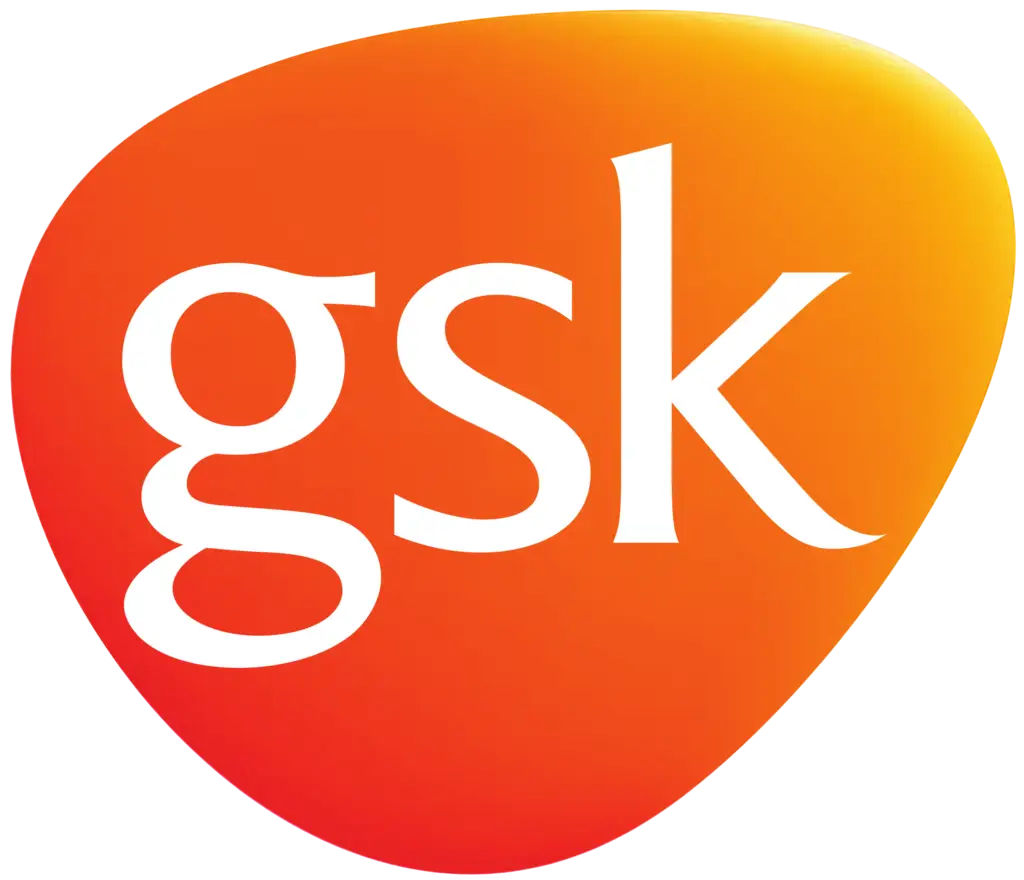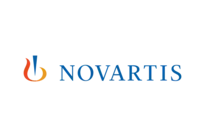Unleash Your Team’s True Potential
Empower your employees with tailored training and insights powered by the world’s most comprehensive personality test.
Empower Teams with Knowledge & Insight
Posted onTrustindex verifies that the original source of the review is Google. Une formation très intéressante et très professionnel avec des intervenants bien compétents. Très bien expliquée et présentée. Je recommande vivement !Posted onTrustindex verifies that the original source of the review is Google. très bonne formation, honnêtement j’ai gardé une très bonne expérience. J’ai vraiment pu apprendre à me connaître plus précisément et m’améliorer sur certains aspects, (notamment dans mes traits de caractère que je devais changer sur le long terme pour mon avenir professionnel)Posted onTrustindex verifies that the original source of the review is Google. Très bonne formation. M'a permis de mieux me connaître et d'appréhender les personnalités de mes collaborateursPosted onTrustindex verifies that the original source of the review is Google. Tres bonne formation pour apprendre a mieux connaître ses collègues de travail et apprendre à confirmer et savoir qui l’ont est !Posted onTrustindex verifies that the original source of the review is Google. Formation intéressante pour découvrir chacun de ses collaborateurs et connaître leurs atouts !Posted onTrustindex verifies that the original source of the review is Google. Une superbe expérience, afin de découvrir les émotions de chacun sa personnalité, et cela pourrait t’expliquer énormément de choses dans le monde du travail, entreprisePosted onTrustindex verifies that the original source of the review is Google. Formation vraiment enrichissante je conseille fortement
Our Core Services
Self
Awareness
Discover your BeHave COMPASS® Professional Personality Test
Talents Management
Discover your BeHave TALENTS® Professional Personality Test
Team
Building
Discover our unique
BeHave TEAM®
Leadership Development
Discover our
Management program
BeHave MODEL ACTS®
Sales
Efficiency
Discover our
Selling program
10 BeHave KEYS®
BeHave Certifications
Discover our
Certification program
BeHave COMPASS®
F.A.Q.
It’s simple, you’ll see. A personality test or psychological test is a questionnaire that you complete in approximately 30 minutes. Based on the answers given, a series of algorithms gives you an analysis of your personality according to different factors (e.g.: extraversion vs. introversion). All of these parameters combined give you a map of your attitudes and behaviors. By the way, a personality test does measure your attitudes and behaviors. In no case does it measure your intelligence quotient.
In short, it is a tool that allows you to answer the question Who am I ?
Anyone can take a personality test. However, we recommend waiting until you are at least 20 years old. Statistically, we have found that personality begins to stabilize between the ages of 18 and 20. In fact, before the age of 20, there is a risk that the person does not know himself/herself well enough. Furthermore, it is preferable to have already experienced the professional world in order to correctly answer the second part of the questionnaire (your personality adapted to the professional world).
Nice try! However, there is no such thing as a bad result in our psychological test. Yes, each parameter has its strengths and weaknesses.
For instance, if you are extroverted in your professional life, your sociability is a natural strength. On the other hand, you may have more concentration problems than an introvert.
The average time is about 25 minutes. However, some take 20 minutes while others take 40 minutes. This is mostly due to hesitation. We are often told that in one or more questions, we would like to choose everything first or not put anything at all. This is normal, the test is there to force you to determine your preferences. Come on, trust yourself! No need to hesitate for 1000 years. But be careful to answer what you are and not what you would like to be!
Our test is based on several intersecting theories. However, it is mostly based on Neurolinguistic Programming (NLP) and Transactional Analysis.
It’s simple, over the course of their careers, members of our team have been certified and used many personality tests. Too often, they have noticed that the results of these other tests were incomplete. So they have decided to create their own psychological test. Their ambition is to show all the nuances that make up a personality. All this without trying to put people in boxes. After more than 5 years of psychometric work, they released the first version. Even today, BeHave Compass continues to evolve every year.
Version 4 is now available. It now allows you to identify your main Talents and Potential. We call it BeHave TALENTS
It depends on what you mean by profitable. The ancient Greek philosophers engraved on the temple of Delphi a sentence that summarized for them the essence of life: “Know thyself”. This is what we also deeply believe in. The BeHave Compass personality test is a wonderful tool that allows you to know yourself better.
At least, that’s what almost everyone who has taken the test says. People often tell us: “I wish I had known about this psychological test before. It would have changed my life”.
BeHave INTERNATIONAL conducted a 15-year study of 5,000 people who had taken at least one personality test (other than BeHave COMPASS) in the past 10 years.
This study aimed to answer 2 essential questions:
1/ How well does the BeHave COMPASS personality test reflect who you are?
The answers were :
. It’s totally me and I’m impressed by the power of the tool: 91%. It fits me well: 5%.
2/ Compared to the experience you had with another personality test (s), how do you rate the BeHave COMPASS personality test?
. Very superior = 89%. Superior = 8%.
Good news ! Unlike other personality tests, with BeHave Compass, there are 230 400 boxes. The probability of having the same profile as your neighbor is extremely low. In fact, we combine many different parameters to describe your personality in all its nuances. This is a psychological test that really makes a difference!
Our answer will be divided in 3 parts :
The first part of your psychological test is your natural personality. Here, it is rare that your parameters change much (except for a traumatic event or important personal work). In fact, we have statistically measured that these parameters vary by an average of 15% from first profile to the following.
The second part corresponds to your profile adapted to a professional environment. It is also called “Dynamic profile” because it can change a lot during your life. This part refers to how well you are adapting to your actual work environment.
The third part is mainly related to your education. We have statistically measured that these parameters vary by an average of 20% from one profile to another.









